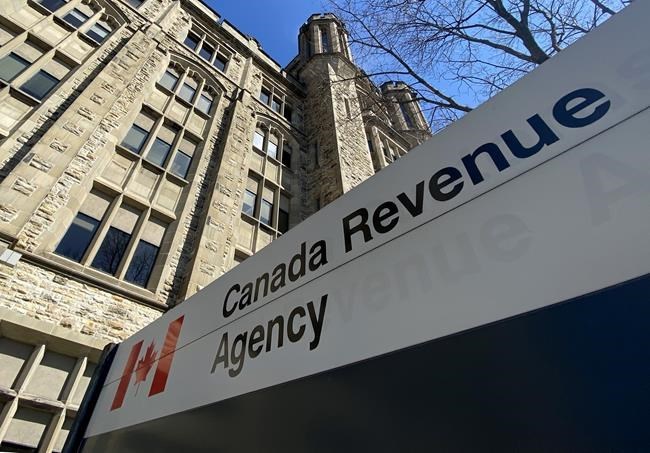OTTAWA — Opposition MPs pressed officials Thursday to say how ready they'll be to begin collecting GST on cross-border sales by foreign companies starting next year, as proposed by the Liberal government's fiscal update.
Foreign companies without a physical presence in Canada, such as Netflix, Airbnb and Amazon, currently aren't required to collect the federal goods and service tax that's routinely applied by domestic companies.
Senior officials from the Canada Revenue Agency, Finance Department and the Canada Border Services Agency told a Commons virtual committee meeting Thursday they will be able to begin collecting GST and HST on cross-border digital sales by July 1.
"We're pretty confident," CRA chief executive Bob Hamilton said.
"I would say, though, that it's going to require some thinking between now and then and, obviously, consulting because we want to do this in a way that is streamlined and efficient."
He said the agency has the resources it needs to meet the deadline but there are always gaps in the tax system that need to be filled.
"The one good thing I would reference is that there are other countries and jurisdictions that have done some of this, so we'll be looking to those practices as well as engaging the stakeholders to look at best way to implement this," Hamilton said.
He said the CRA will get a "good share" of the GST revenue that should be collected on cross-border sales and but it's difficult to estimate what percentage of the total can be collected.
The collection of GST or HST on all transactions could be a politically charged issue for several reasons, including international treaties between Canada and other countries as well as the impact on what comes out of consumer pockets.
Conservative MP Philip Lawrence, who led off the questions a two-hour meeting of the Standing Committee on Public Accounts, asked how the CRA can ensure foreign companies comply with the government's plan — particularly if they're not a reputable large company.
Ted Gallivan, another CRA official, said that the OECD — a multinational organization that includes Canada and most other advanced economies — has produced good guidance on how to ensure there is voluntary compliance.
He added that "countries are working together to deal with aggressive non-compliance."
— by David Paddon in Toronto.
This report by The Canadian Press was first published Dec. 3, 2020.
The Canadian Press



